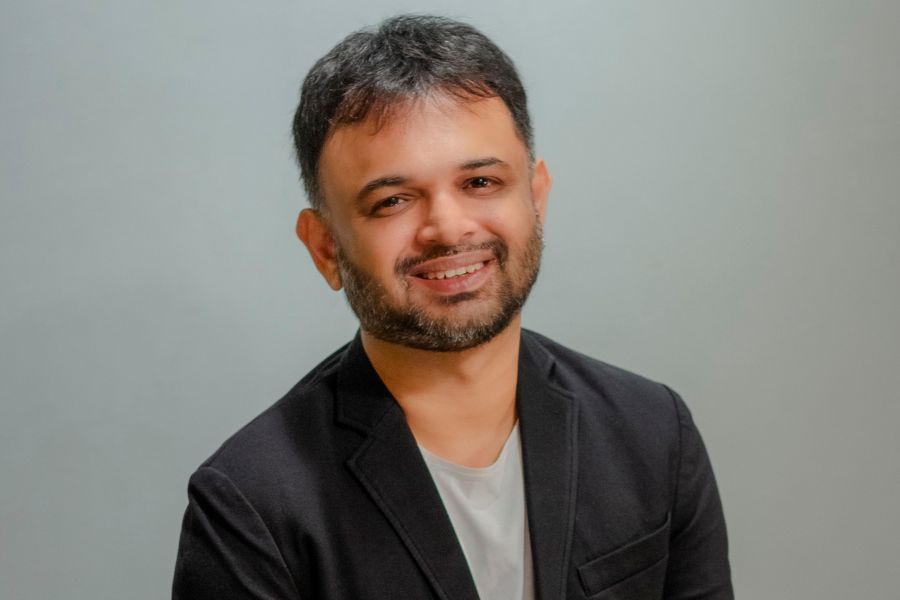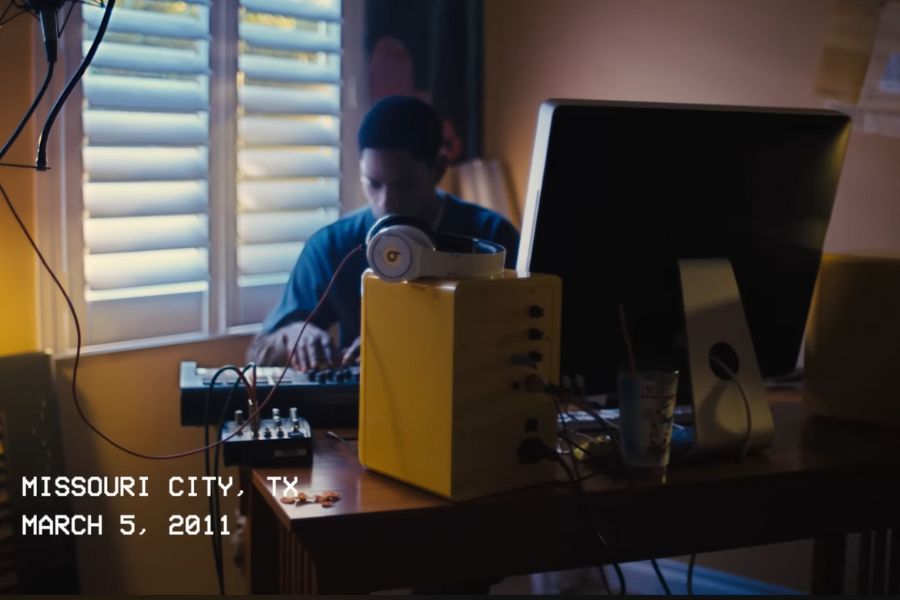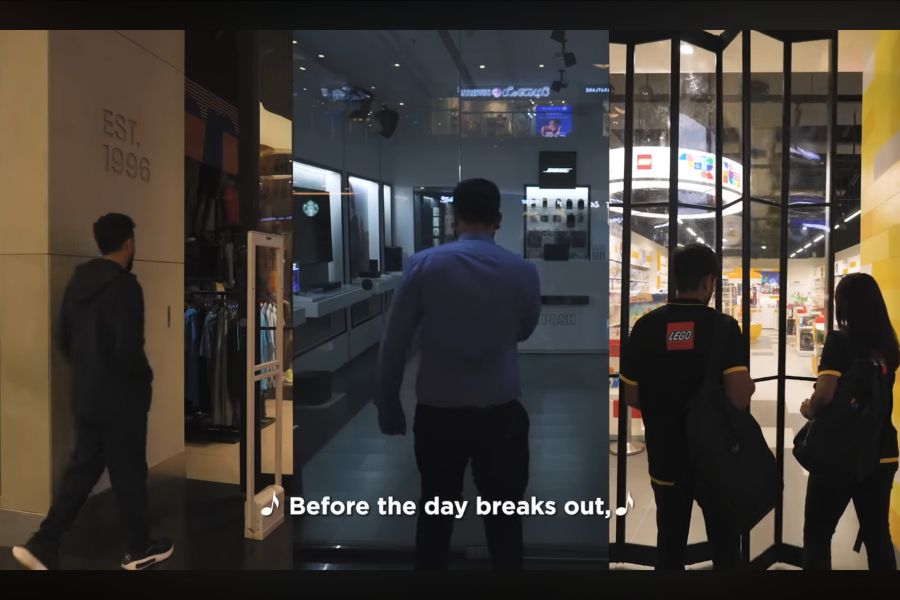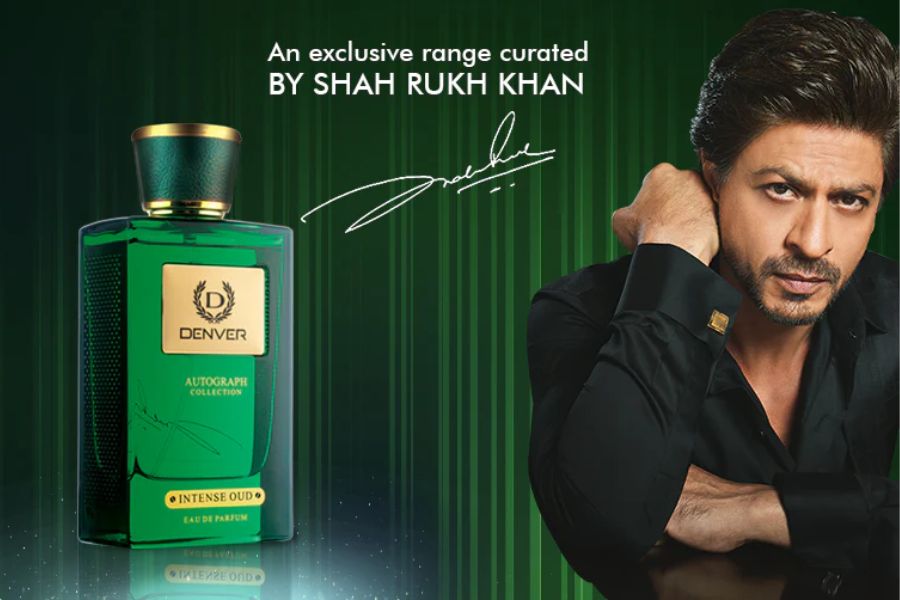Aalap Desai is a notable exception in the advertising world, where ideas often eclipse the people who create them. He is recognised not only for his creative genius but also for his profound belief in the power of collaboration.
Desai started his professional journey as a copywriter and held different positions over nine years across Ogilvy, Leo Burnett, JWT, DDB Mudra, and Disney+ Hotstar. He is now the co-founder and chief creative officer of tgthr., the youngest agency ever to win a Cannes Lions. In other words, Desai has seen firsthand what it takes to win at the Croisette and what often gets left behind in the process.
tgthr. is also the Concept Partner at Cannes Homecoming—a new platform by Campaign India to honour the heroes at Cannes Lions 2025 and the process behind them. The event is also co-powered by Truecaller, with Mercedes as the Luxury Partner, Pernod Ricard as the Conviviality Partner and NCPA as the Venue Partner.
Desai is a vocal supporter of this initiative because, for him, this is more than a celebration. It is a way of inspiring the next generation of creative ambition in India. In this candid conversation, he shares his thoughts on the evolving role of clients, the untapped potential of Indian storytelling, and more.
What are your thoughts on India's recent performance in Cannes Lions and its impact on the community?
India’s performance at Cannes Lions this year has been truly encouraging. It’s great to see us winning so much again after a few quiet years. The participation has increased considerably, but it’s tough to keep morale up without wins. So, when an Indian agency or campaign wins, it reignites hope across the entire creative community. We have gone through periods without many wins, which can be disheartening for everyone who invests so much into sending entries. These victories, however, remind us that if one of us can win, any of us can succeed too.
What, in your experience, makes a campaign stand out at Cannes? Is there a common thread among the winning entries?
Cannes is a celebration of creativity, and it always boils down to the idea. If you have a truly good idea, it’s going to shine. What makes work from India, or any country for that matter, particularly stand out among the sea of entries is its originality rooted in cultural uniqueness.
I am not talking about clichés like ‘poverty porn’ or portraying a ‘hungry, poor India’. If a campaign addresses a specific Indian problem or phenomenon and solves it in a profoundly creative way, those ideas tend to resonate strongly.
It’s not only applicable to India. Japan does this well. They win by fully embracing and expressing what is inherently Japanese, right down to the finest details of craft and language. Any culture that successfully blends creativity with something distinctive to its country will stand out in the global arena.
India is leaving a mark at Cannes more consistently than ever. What is working in our favour right now?
Cannes will celebrate ideas. The year India has genuinely good work, it wins without fail. You would be hard-pressed to find any awarded or shortlisted pieces that are rubbish or boring. They maintain a high-quality standard, and recognition is driven purely by the strength of ideas. It’s not that India was ever being snubbed. Our ideas may not have been as strong as those from our global peers in a given year. There’s no set pattern to it.
What are the gaps we still need to bridge to become a truly dominant creative force globally?
We are still catching up on how we package our ideas — the storytelling, the structure of our case studies, and the clarity with which we present the insight and the impact. These are areas where we have made significant progress in recent years, though there is still a long way to go.
I have seen some brilliant ideas from Indian agencies that didn’t land well because the narrative wasn’t seamless, or the case film was overstuffed with information. Sometimes, the story doesn’t start strong enough, or it lacks a compelling narrative to draw in jurors. The DNA of a lot of ideas was solid this year, and if they were packaged well, then our tally at Cannes would likely have been even higher this year.
What role do clients play in getting Indian work to Cannes-worthy standards, and how can they be better partners in that journey?
Without the client, an idea will always remain small. That is something I have come to realise over time. For an idea to truly reach its full potential, it needs to scale—and that can only happen when the client is a genuine partner in the process. If the partnership ends at just approval or is limited to the early stages, the work doesn’t grow. And smaller, less ambitious work has fewer chances of winning on a global stage like Cannes.
All of my recent, bigger wins have only happened because the clients were just as excited and invested. The motivation, by the way, is never ‘let’s win a Cannes Lion’—it’s always ‘let’s do something good’. When both, the agency and the client, are aligned on that, the awards follow as a bonus.
What makes Cannes Homecoming relevant?
The cost of going to Cannes is prohibitive; it can easily cost INR 5 lakhs to INR 10 lakhs per person when you factor in the pass, travel, and stay. So naturally, not everyone who worked on a winning piece gets to go. In fact, most do not.
On top of that, at Cannes, only the Grand Prix and Gold winners get the spotlight. Silvers and Bronzes, which are incredibly hard to win, often just flash briefly on a screen. There is no proper moment of recognition for the full team behind those wins.
So, while you have achieved something massive on a global stage, the celebration often ends up being a small, agency-level gathering. That’s a huge gap, especially considering the big risks taken by creatives who invest months of work and sleepless nights in the project.
This is where Cannes Homecoming steps in. It solves a real need by creating a space where every win is celebrated, where every contributor can be on stage, and where the industry comes together to applaud these achievements.
Why do you think it has taken this long for India to create a collective celebration and knowledge-sharing platform after Cannes?
This situation is a classic example of something obvious sitting right in front of us, yet somehow overlooked for a long time. The conversation about not calling Silver and Bronze winners on stage, or not celebrating the Indian teams who created the work, has been ongoing since Cannes first began decades ago.
I believe it is one of those things where no one actively planned against it or for it. Everyone was aware of the issue, but it took someone finally voicing it directly. It truly requires a team to experience the pain of not being celebrated at an industry level to then express that need. The key breakthrough here was the conversation between tgthr. and Campaign India. Agencies and the media traditionally exist in silos. It’s a fortunate coincidence that both these parties were finally in the same room.
What role do you see Cannes Homecoming playing in shaping the creative ambitions of younger talent in India?
Take my example. I am a CCO, and last year, our agency won a Cannes Lion. Naturally, the leadership team ended up being the public faces in the interviews and media. That’s just how it usually works. It’s not out of malice; it is simply easier and more practical to manage.
But the truth is, the juniors who worked just as hard on those winning ideas often remain in the background. Now imagine this: at Cannes Homecoming, that same junior walks on stage, gets a moment in the spotlight, holds the trophy, gets a photo taken, and receives applause from the industry. That experience, that validation, is transformational.
It’s one thing to say, ‘My idea won at Cannes.’ It’s something else entirely when the whole industry sees it and celebrates you for it. That kind of recognition is deeply motivating. If I were a young creative attending this event, even without a win, I would walk out thinking, ‘Next year, I want to be up there.’




